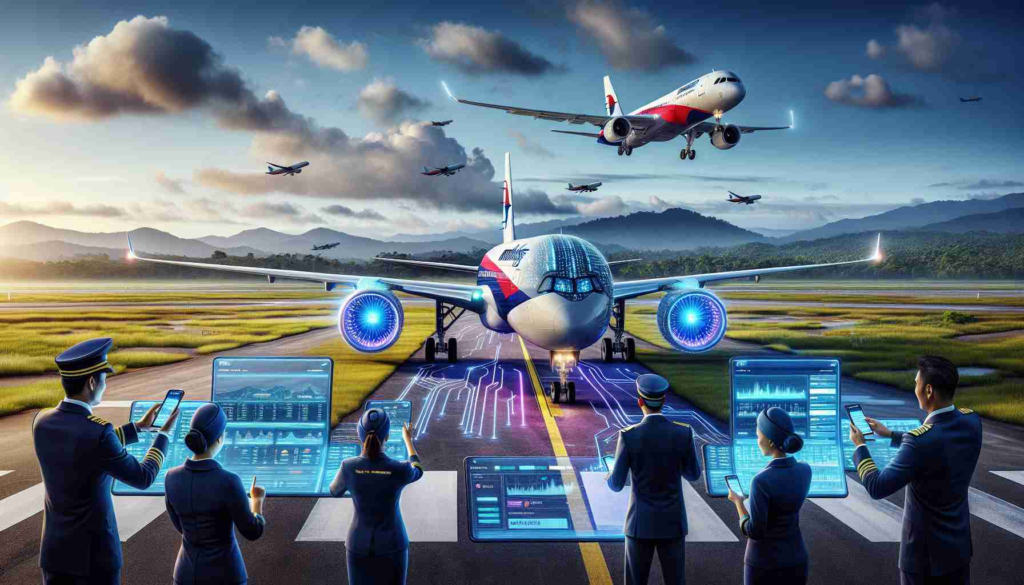Malaysia Airlines has forged a groundbreaking collaboration with technology giant Huawei to embark on an innovative journey towards digital transformation. The strategic partnership aims to completely redefine the airline's digital landscape, leveraging Huawei's advanced digital solutions through consumer cloud services.
Malaysia Airlines plans to significantly strengthen its customer-centric approach by digging deeper into traveller preferences and analysing market trends. The partnership, which was formalised at the Huawei Developer Conference 2024 in Dongguan, China, represents a pivotal moment in the airline's evolution.
Malaysia Airlines Group CEO Ahmad Lukman Mohamed Azmi expressed his excitement about the joint venture, highlighting the group's focus on creating personalized experiences and offering tailored solutions for customers across the Asia Pacific region.
Vincent Wen, Director of Business Growth for Cloud Services at Huawei, emphasized the company's determination to strengthen the partnership. By combining telecommunications infrastructure, digital expertise, and a deep understanding of the Chinese market, the two companies are poised to make a lasting impact on the industry.
This strategic partnership is not just about technology. It represents a blend of market insight, innovation, and brand presence. Together, Huawei and Malaysia Airlines will tap into China's vibrant tourism industry, unlock new opportunities, and cement their position as leaders in the evolution of air travel.
Revolutionizing air travel: Malaysia Airlines' digital transformation revealed
Malaysia Airlines is partnering with Huawei to transform its digital landscape, providing the airline with many opportunities to improve customer experience and streamline operations. As the partnership unfolds, some key questions arise:
1. How will Malaysia Airlines leverage Huawei's advanced digital solutions to personalize customer experience and stay ahead in the competitive aviation industry?
Malaysia Airlines aims to leverage Huawei's digital solutions expertise to customise services based on traveller preferences, ultimately creating a more personalised and seamless travel experience for customers.
2. What are the potential challenges associated with this digital transformation initiative?
– As data breaches and cyber threats continue to pose risks to airlines and their passengers, ensuring the security and privacy of customer data in the digital realm can be a major challenge.
In addition to the benefits highlighted in the previous article, there are further advantages and disadvantages to consider regarding Malaysia Airlines’ digital transformation.
advantage:
– Increase customer engagement through personalized service and customized solutions
– Improving operational efficiency and reducing costs through digital automation and data analytics
– Access new markets and revenue streams through innovative digital services
Demerit:
– Reliance on technology partners like Huawei could create vulnerabilities and dependency on external expertise
– Traditional customers and employees may resist adapting to digital change, leading to internal challenges and friction
– Potential concerns about data privacy and cybersecurity require strong measures to protect sensitive information
As Malaysia Airlines continues its digital transformation journey, overcoming these challenges and maximizing the benefits of technological advancements will be crucial to its sustained success and competitiveness in the evolving air travel industry.
For more information on digital transformation in the aviation industry, visit the International Air Transport Association.



